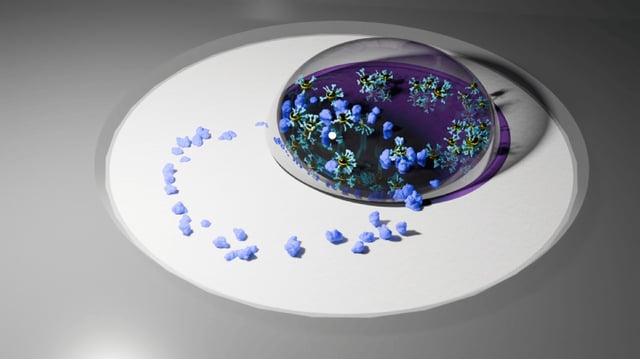Overview
- The prototype test kit uses a 3D-printed scaffold, a syringe for sample placement and a small electric heater to guide evaporation and form a diagnostic coffee-ring pattern.
- Plasmonic nanoparticles bind to disease biomarkers concentrated at the droplet’s rim and generate optical signals analyzed by an AI-powered smartphone app.
- In under 12 minutes the device can deliver results with up to 100× greater sensitivity for COVID-19 compared to conventional at-home tests.
- Researchers have demonstrated detection of biomarkers for sepsis and are exploring its use for prostate cancer screening in low-resource and clinical settings.
- The findings, supported by seed funding from the CITRIS and Banatao Institute, are detailed in Nature Communications as researchers prepare for clinical validation and broader deployment.
